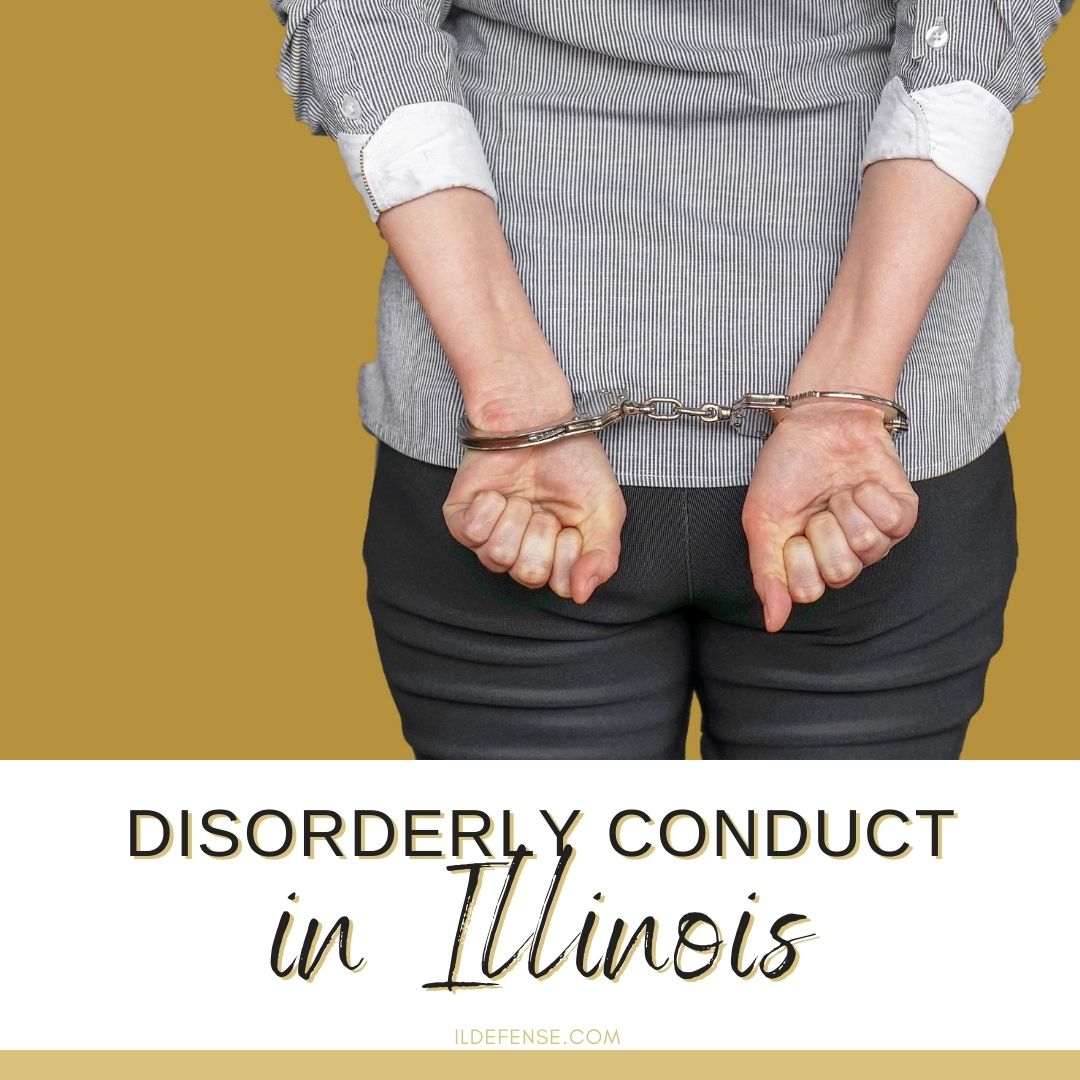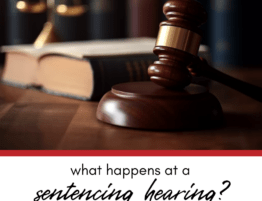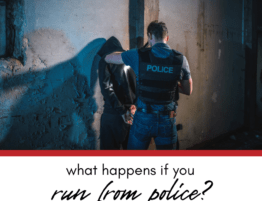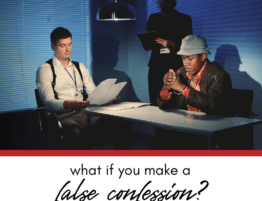
Disorderly conduct in Illinois is a serious crime, and it’s one that can have serious consequences. The catch is that disorderly conduct is a catch-all term; the legal system in our state uses it to encompass many offenses that “disturb the peace.” Here’s what you need to know.
Disorderly Conduct in Illinois
Disorderly conduct is anything that disturbs the peace. What that means is that a person who does something that causes undue alarm or annoyance, or who invades someone’s privacy or interrupts another person’s ability to enjoy living in a peaceful community, can be charged with disorderly conduct.
What Are Examples of Disturbing the Peace?
Examples of disturbing the peace are things like running down the street in the middle of the night with a megaphone and singing “Never Gonna Give You Up,” pulling a fire alarm in a school when there’s no fire, making a false report to the Department of Children and Family Services to get another person in trouble, dialing 9-1-1 when there’s no emergency, or peeking into your neighbor’s window to invade their privacy.
Penalties for Disorderly Conduct
Illinois law recognizes disorderly conduct as falling into several categories, and each comes with its own repercussions. Some disorderly conduct offenses are more serious than others, with some being Class C misdemeanors (which have the lowest penalties) and some being felonies, which have the harshest penalties.
Related: When can the police order you to identify yourself?
One thing is for sure, though: If you’re convicted of disorderly conduct in an Illinois court, you will perform at least 30 hours (and up to 120 hours) of community service as part of your penalty. In some cases, such as if you’re convicted of calling in a bomb threat, you’ll have to reimburse the agency that responded to the threat for the cost of its response. And if you’re convicted of calling in a bomb threat to a school or calling 9-1-1 to make a false report of an emergency, you’ll have to reimburse the agency for the cost of the response, too.
The following table outlines possible penalties for various types of convictions in the state of Illinois.
|
Type of Crime (Least-Serious to Most-Serious) |
Possible Incarceration Sentence |
Possible Fines |
| Class C misdemeanor | Up to 30 days in jail | Up to $1,500 |
| Class B misdemeanor | Up to 180 days in jail | Up to $1,500 |
| Class A misdemeanor | Up to 364 days in jail | Up to $2,500 |
| Class 4 felony | 1 to 3 years in prison | Up to $25,000 |
| Class 3 felony | 2 to 5 years in prison | Up to $25,000 |
| Class 2 felony | 3 to 7 years in prison | Up to $25,000 |
| Class 1 felony | 4 to 15 years in prison | Up to $25,000 |
| Class X felony | 6 to 30 years in prison | Up to $25,000 |
Do You Need to Talk to a Lawyer About Disorderly Conduct in Illinois?
If you’ve been accused of a disorderly conduct offense, we may be able to help you. Call us at 847-920-4540 or fill out the form below to schedule your free consultation now.
Contact Us
"*" indicates required fields









